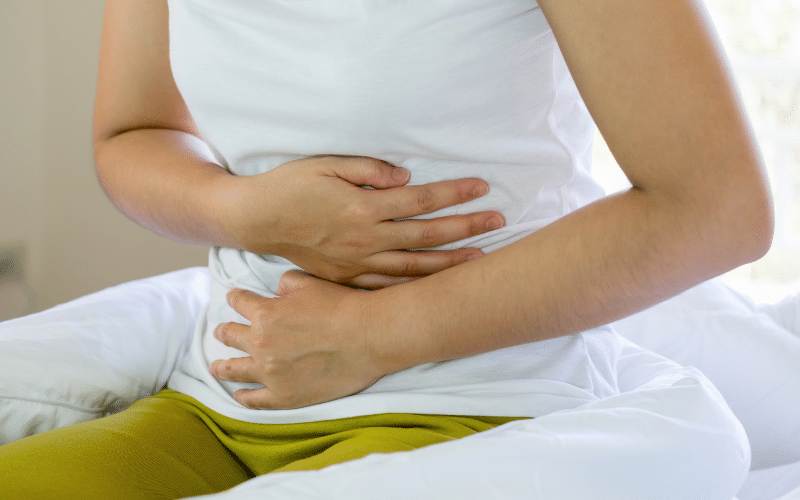Introduction: Gaining Insight into Diverticulitis in Women
Diverticulitis is a prevalent digestive condition that affects millions of people worldwide. While both men and women can suffer from diverticulitis, women may experience unique symptoms that can be easily overlooked. In this article, we will explore the top 10 symptoms of diverticulitis in women, providing you with the information you need to detect and address this condition early.
Diverticulitis occurs when small pouches called diverticula, which form in the lining of the digestive system, become inflamed or infected. These pouches typically develop in the lower part of the colon, also known as the large intestine. Although the exact cause of diverticulitis is still unclear, factors such as age, diet, and lifestyle can contribute to its development.
It is crucial to be aware of the symptoms of diverticulitis in women, as early detection and treatment can significantly improve the prognosis and reduce the risk of complications. In this article, we will delve into the top 10 symptoms of diverticulitis in women, helping you understand what to look for and when to seek medical help. We will also address some frequently asked questions related to this topic and provide guidance on effective management strategies.
Symptom 1. Abdominal Pain: Decoding the Enigma of Abdominal Discomfort

One of the most common and telltale signs of diverticulitis in women is abdominal pain. This discomfort is usually localized in the lower left quadrant of the abdomen, but it can also radiate to other areas. The pain can range from a mild, nagging sensation to severe, debilitating cramps that interfere with daily activities.
Understanding the nature of the pain can help identify diverticulitis. The pain associated with diverticulitis often begins suddenly and worsens over time, with periods of relief followed by flare-ups. The discomfort may also intensify during movement or when applying pressure to the affected area.
It’s essential to pay attention to your body and seek medical attention if you experience persistent or worsening abdominal pain. Although abdominal pain can result from various causes, it is crucial to rule out diverticulitis, as untreated inflammation or infection can lead to severe complications. (1)